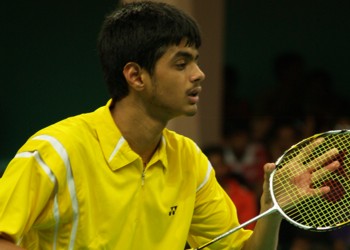
By Dev S Sukumar, Bangalore.
It might not amount to much eventually, but to those looking for generational change, the World Junior Championships that concluded on Sunday offered some signs. There were no Chinese in the boys’ singles beyond the quarter-final stage, two Indians – Sai Praneet (pictured) and HS Prannoy – made the semis, and the title was taken by Denmark’s Viktor Axelsen. This was the first time Europe had ever laid claim to the boys’ singles title. In fact, since the World Juniors started in 1992, this was only the second time that a player from outside of China has taken the boys’ singles gold!
“Everybody’s now equal,” said Sai Praneet, back in India after a 1-1/2 day journey from Guadalajara, Mexico. “I didn’t notice anything special among the Chinese. Huang Yuxiang, the top seed, was a bit different, but he was beaten in the quarter-finals by Viktor Axelsen.”
Praneet was exceptional through the tournament – shouldering singles and doubles responsibilities in the singles and doubles for the team event and the individual events. “There were a lot of matches,” he conceded. “I was quite tired by the time I made the boys’ singles semi-finals. I’m satisfied with my performance, but I would have been happier if I had won. I beat Axelsen in the team event – he could not catch my strokes, but when we met again in the individual semis, he started catching my strokes early. He’s also tall and has steep smashes. It was close in the third game.”
India might have ended 9th in the team event, but there were within a point or two of finishing much higher. In 20 matches, they lost just three – whipping USA (5-0), Singapore (3-1), Hong Kong (3-0) and England (3-0) – but it was the second tie, against Denmark, that made all the difference. It was an agonisingly close battle. India went 2-0 courtesy Pranav Chopra / Prajakta Sawant (mixed doubles) and Sai Praneet, who beat Viktor Axelsen 21-15 5-21 21-19. The next three matches too were close – PV Sindhu fell 21-16, 16-21, 16-21 to Mette Poulsen; Praneet / Pranav were edged out 25-23, 17-21, 18-21 by Rasmus Fladberg / Kim Astrup, and Prajakta/Sindhu to Line K / Sandra-Maria Jensen 13-21-13, 21-17, 21-23.
India were competitive too in the individual event that followed. Apart from semi-final performances by Praneet and Prannoy, the boys’ doubles pair of Praneet / Pranav Chopra made the quarter-finals, as did PV Sindhu, while Pranav Chopra / Prajakta Sawant reached the fourth round of the mixed doubles. Sindhu was on top against Asian Junior Champion Suo Di, who was so tired in the third game she earned a yellow card for time-wasting.
Prannoy put out the second Chinese in the draw, Liu Kai. “It was a long match,” said Prannoy. “He’s not a typical Chinese player. He was quite deceptive, and the match had a lot of half-smashes and rallies. I won because I was fit. But in the semi-finals I played the Korean (Kang Ji Wook), who is essentially a doubles player. He was very fast. He didn’t allow me to play my game. He planned it very well. I was playing the dribble very well, but he killed it a couple of times and I couldn’t dominate the net from then.”
What do India’s results mean in the long term? It’s too early to say if the performance in the juniors will automatically translate to excellence in the seniors, but it’s a great start. Several of China’s current champions – Chen Jin, Chen Long, Wang Lin, Wang Yihan, Jiang Yanjiao – were World Junior champions as well. As national coach Gopichand said: “They (India) played exceptionally well. You’re competing against the whole of the Chinese and Indonesian set-up.”
One hopes that the next generation of Indian badminton players will not be hampered by the hang-ups that have dogged their predecessors.
![INDIAN JUNIORS – Stepping up for the Challenge India’s exceptional performance in the World Juniors were perhaps an indicator of a generational shift. By Dev S Sukumar, Bangalore. It might not amount to much eventually, but to those […]](http://www.badzine.net/wp-content/uploads/Newsflash-thumbnail.png)
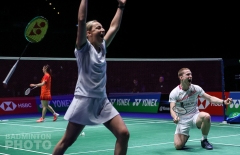
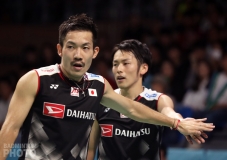
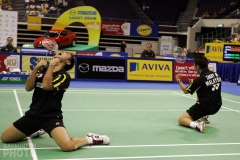
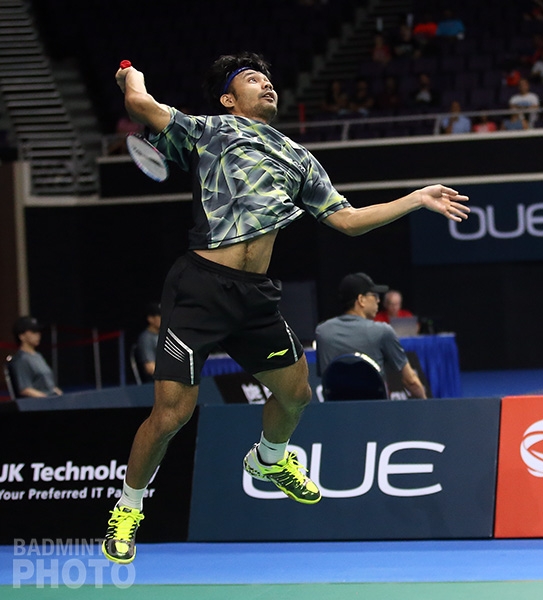
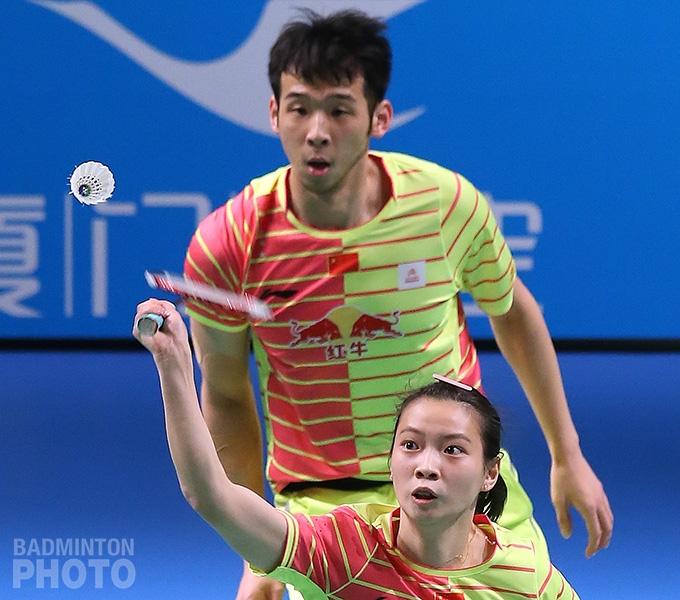
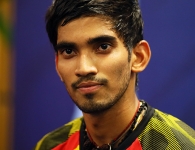
Leave a Reply